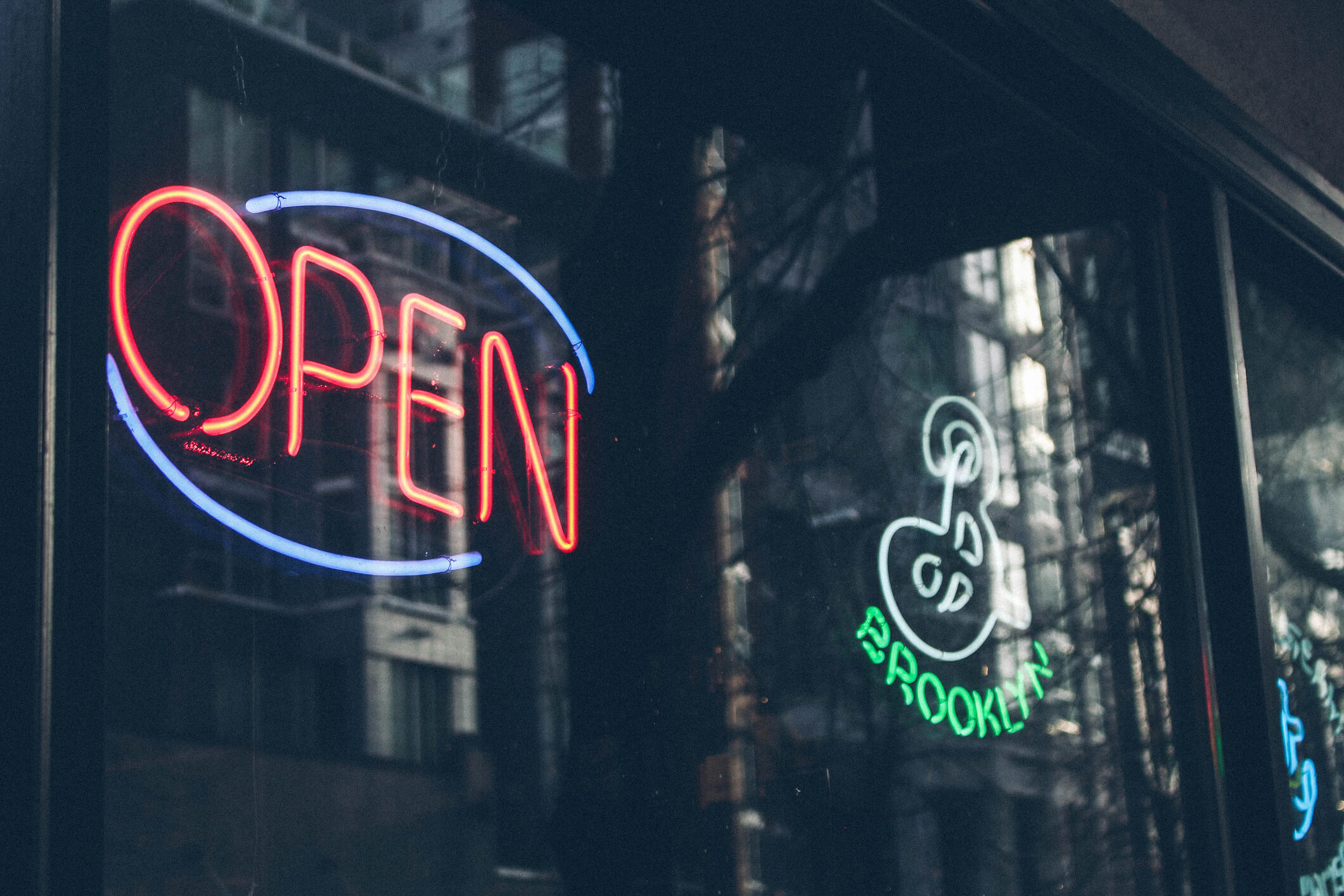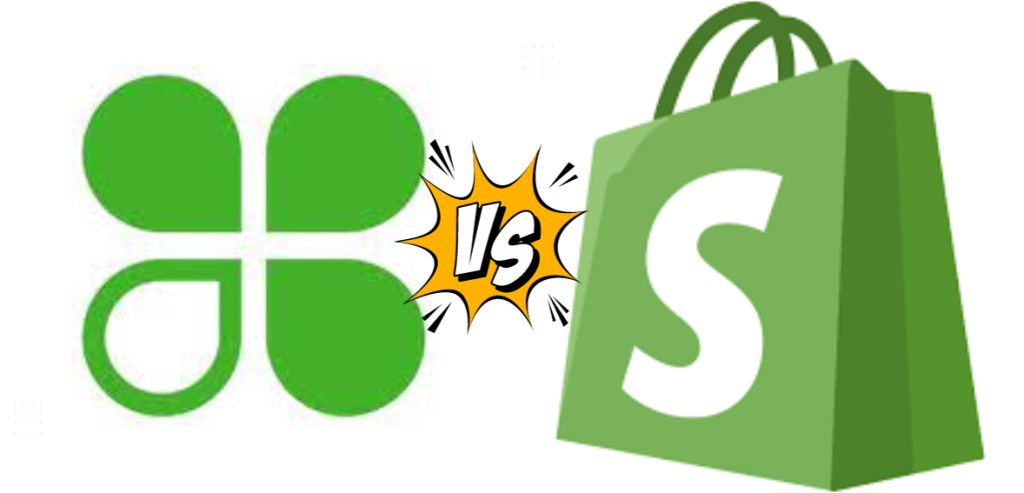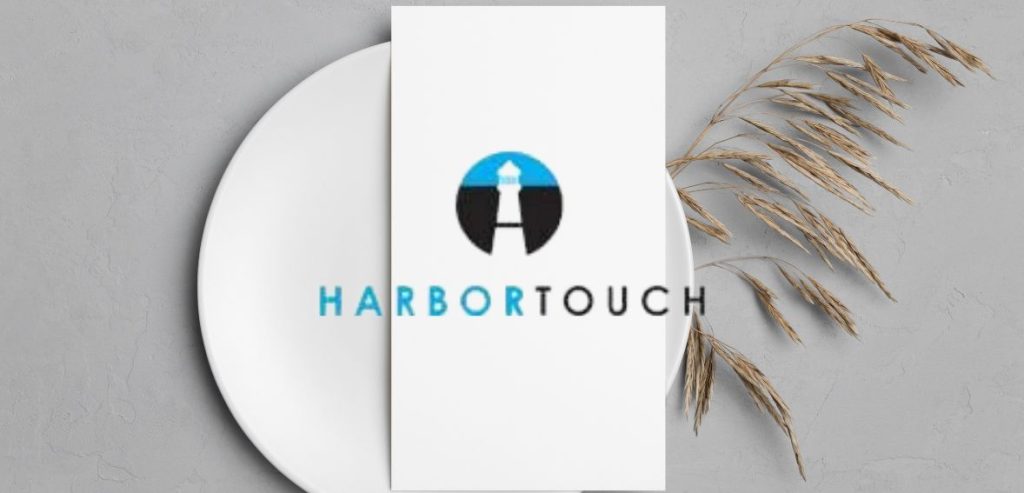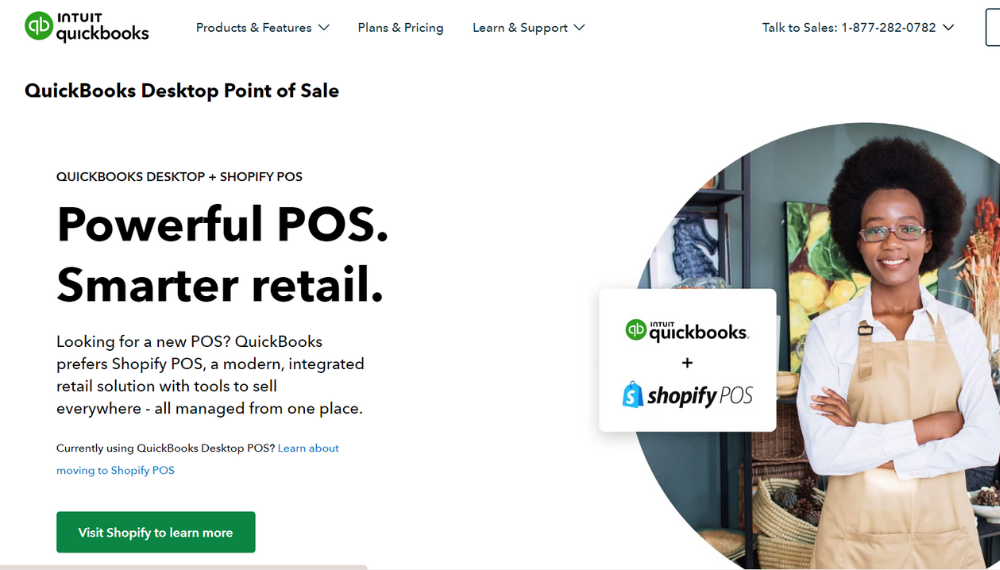The topic of opening a liquor store can be an exciting and profitable venture for those with a passion for the industry and a clear understanding of the costs involved. With the growing demand for alcohol and a strong market for specialty and unique liquor offerings, now is a great time to consider starting a liquor store business.
However, it is important to approach this endeavour with a solid plan to ensure success. Before opening your doors, many factors must be considered, from market research and business plan development to securing the necessary licences and permits. Whether you are a seasoned businessperson or are only beginning to consider your possibilities, this guide will provide valuable information and insights to help you achieve your goals.
Opening a liquor store can vary greatly, depending on location, store size, and inventory costs. Opening a liquor store can range from $100,000 to $500,000.
Major Costs to Consider when Opening a Liquor Store
Some of the major costs to consider when opening a liquor store include the following:Cost Factors
Costs are a crucial factor to consider when starting a liquor store business. There are various expenses, including initial investment costs, location costs, and licensing and permit fees. Understanding the different cost factors involved in opening a liquor store is essential to ensuring the success of your venture.- Initial Investment
- Rent or lease expenses
- Equipment and supplies
- Inventory costs
- Licensing and Permit Fees
- Liquor licence costs
- Federal and state taxes
- Other Regulatory Fees
Location Costs
Location costs are an important factor to consider when opening a liquor store. The location you choose will play a key role in the success of your business, so it's important to carefully consider all the costs involved in securing the right space.- Real estate expenses
- Renovation and remodelling costs
- Marketing and advertising expenses
Additional Expenses to Consider
In addition to the initial investment, licensing, permit fees, and location costs, there are several other expenses to consider when opening a liquor store. These expenses are important to budget for to ensure the success and sustainability of your business.- Employee salaries and Benefits
- Insurance Coverage
- Technology and Security Systems
Cost-Saving Strategies
When opening a liquor store, it's important to consider cost-saving strategies to help minimise expenses and maximise profitability. Some cost-saving strategies to consider include:- Negotiating with suppliers:
- Utilising technology:
- Taking advantage of bulk purchasing:
- Minimising waste:
- Optimising store layout:
- Offering promotions and discounts:





